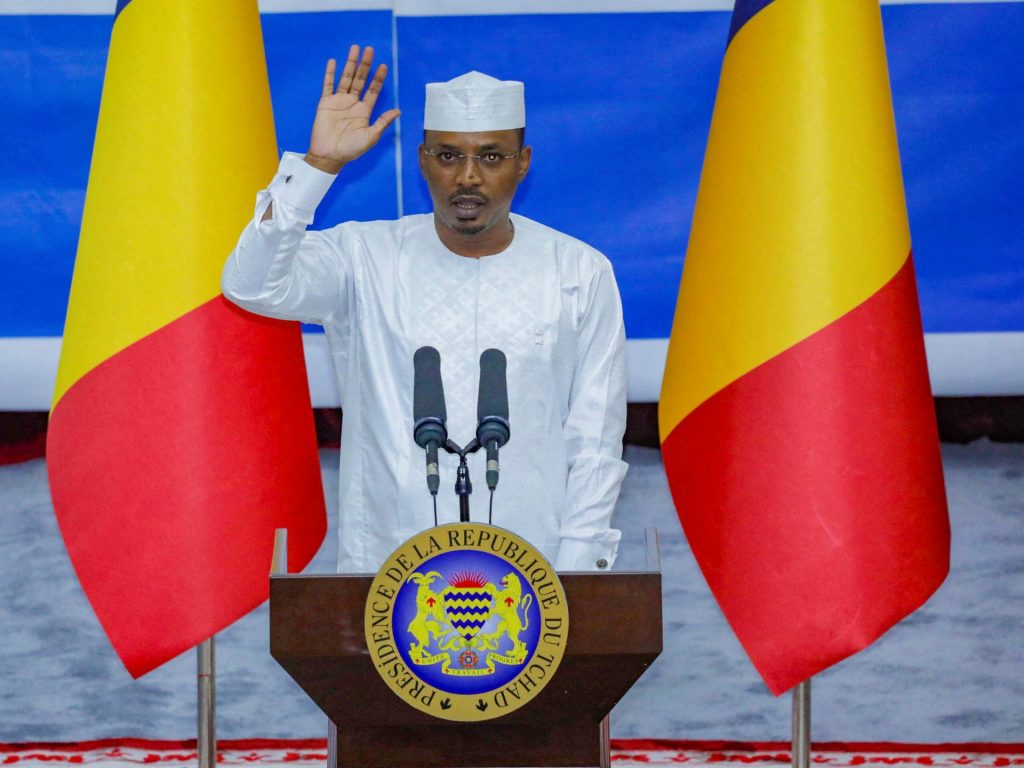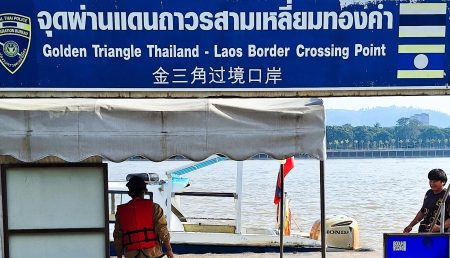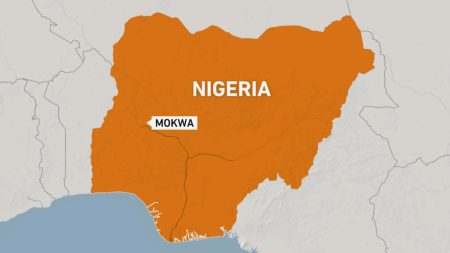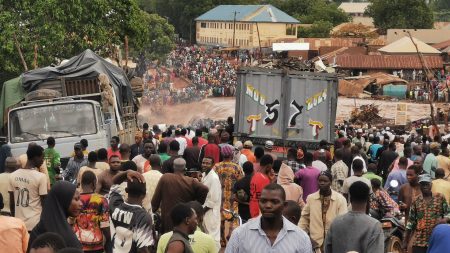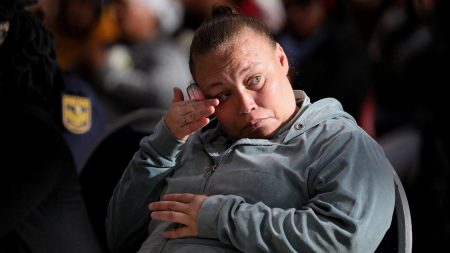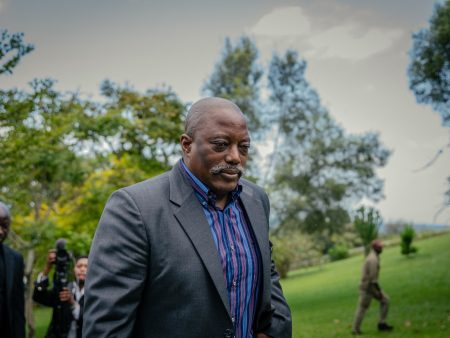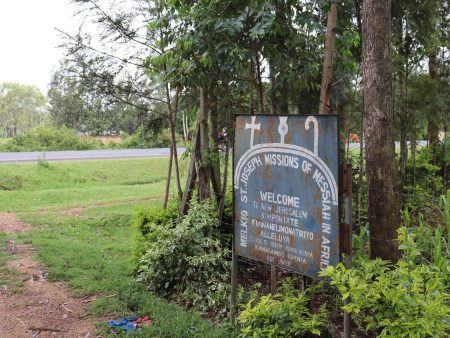Chad’s political landscape underwent a significant shift in December 2023 with the conclusion of parliamentary elections, a process marked by both participation and controversy. The ruling Patriotic Salvation Movement (PSM), led by President Mahamat Idriss Deby, emerged victorious, securing a commanding 124 out of 188 seats in the National Assembly. This victory solidified the PSM’s dominance in the country’s political arena, further consolidating Deby’s hold on power after assuming leadership following his father’s death in 2021. While the election was touted by the government as a crucial step towards democratic transition, the opposition largely boycotted the process, raising concerns about the legitimacy and inclusivity of the outcome. This boycott, coupled with a reported voter turnout of just over 50%, casts a shadow on the government’s narrative of democratic progress and sets the stage for potential political instability.
The parliamentary elections represented a pivotal moment in Chad’s political trajectory, marking the culmination of a transitional period following the unexpected demise of longtime President Idriss Deby Itno. Mahamat Idriss Deby, inheriting the mantle of leadership, positioned the elections as a pathway towards decentralization and democratic consolidation. However, the significant opposition boycott, driven by allegations of electoral irregularities and a lack of transparency, created a divide in the political landscape. Opposition parties, including the prominent Transformers party, viewed the elections as a continuation of the disputed presidential vote held earlier, further fueling their skepticism towards the government’s commitment to democratic principles. This divergence in perspectives between the ruling party and the opposition underscores the fragility of the political environment and the potential for future conflict.
The low voter turnout, hovering slightly above 50%, serves as another indicator of the complex political dynamics at play. While the government may interpret the results as a mandate for their leadership, the substantial number of non-participants raises questions about the level of public trust and engagement in the electoral process. The opposition’s characterization of the low turnout as a reflection of voter apathy and distrust further undermines the government’s claim of democratic progress. This discrepancy between the government’s narrative and the opposition’s interpretation highlights the deep-seated political divisions within Chadian society, posing a challenge to the country’s stability and future democratic development.
The electoral landscape in Chad is further complicated by the confluence of several internal and external challenges. Security concerns, including ongoing threats from armed groups like Boko Haram in the Lake Chad region, add another layer of complexity to the political situation. Furthermore, the recent severing of military ties with France, a former colonial power, signifies a shift in Chad’s foreign policy and aligns with a broader trend of African nations seeking to redefine their relationships with former colonial powers. This move towards greater autonomy, while potentially empowering, also introduces new uncertainties and risks, particularly in the context of regional instability. The foiled attack on the presidency just prior to the elections, labeled a “destabilization attempt” by the government, underscores the precarious security environment and adds to the tension surrounding the electoral process.
The election results and the surrounding circumstances have set the stage for a potentially challenging period in Chadian politics. The PSM’s dominant victory, achieved amidst an opposition boycott and low voter turnout, raises questions about the future of political dialogue and inclusivity. The government’s commitment to decentralization and democratic reforms will be closely scrutinized, particularly in light of the opposition’s skepticism and the prevailing security challenges. Moving forward, fostering dialogue between the ruling party and the opposition will be crucial for addressing the underlying political divisions and building a more stable and inclusive democratic future.
In conclusion, Chad’s parliamentary elections, while concluding a transitional phase, have also exposed deep-seated political divisions and challenges. The PSM’s resounding victory, achieved in the face of an opposition boycott and low voter turnout, raises concerns about the legitimacy and inclusivity of the democratic process. The government’s narrative of democratic progress is countered by the opposition’s claims of a flawed and manipulated election. The confluence of security challenges, shifting foreign policy alliances, and internal political tensions creates a complex and uncertain environment for Chad’s future. Addressing these challenges and fostering meaningful dialogue between the ruling party and the opposition will be crucial for building a more stable and democratic Chad.




